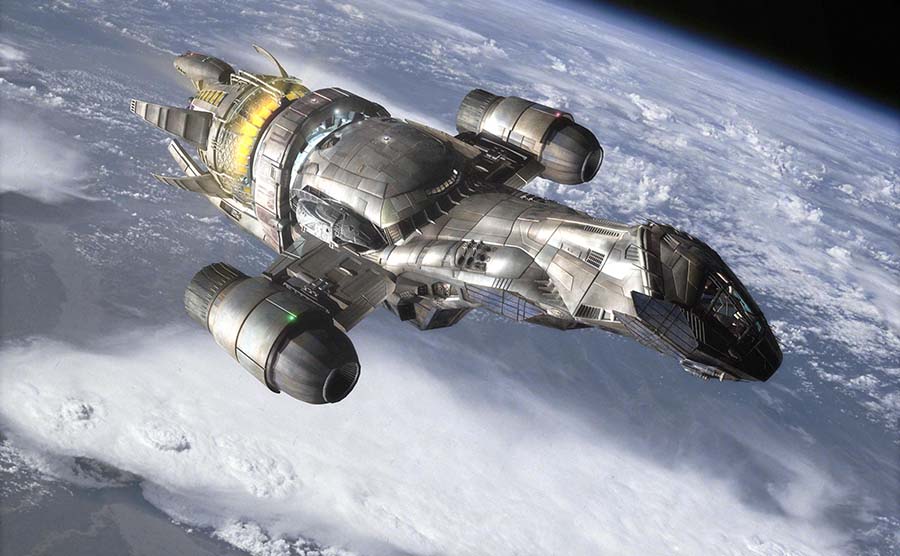Space Travel
How our own bodies could
be holding
us back

by Claire Hampson
An article from the February 2014 issue of THE STAR BEACON
The opportunity to explore the solar system and the galaxy beyond is one of humanity’s greatest ambitions, and for many is one of the enduring fascinations of the universe
We began the 20th century just learning to fly, and within 60 years we were reaching for the Moon.
But in recent times our explorations have become much more restricted. Following incredible technological improvements, it might be that our own bodies are holding us back from further adventures. For all of the difficulties of getting a rocket to Mars, taking care of the men and women on board might be an entirely different story.
With every major
space agency dedicating a huge amount of research as to the effects of space
travel on the human body, could this be the last major hurdle to overcome before
we are able to step foot on other worlds?
Perhaps the most apparent issue when thrust into the entirely new environment of space travel is how well our bodies will cope.
There is little one can do to prepare for the loss of gravity while in orbit or space travel. Extensive testing on parabolic flights can give an astronaut a taste of what is to come, but this is no comparison to being subjected to a constant and debilitating loss of gravity.
The loss of muscle mass can become quite apparent in those spending extended periods in the International Space Station; without the continuing push and pull against gravity, without the need to assert and flex muscles in order to stay upright, astronauts -- noted for their fine health and vigor -- can experience a great loss of weight and strength.
The heart, too, can be greatly affected by the loss of gravity and there is an increased risk of it atrophying, and blood is likely to pool in the upper body(1) without the pull of gravity to aid the even distribution which the body is so used to.
Scientists have attempted to combat this by recommending extended resistance exercise sessions and medicinal and steroid regimes designed to prompt the body’s natural growth hormones.
While in orbit or in close proximity space
travel, this issue is manageable, but for extended travel (Mars and beyond),
this is one of the key issues which will have to be overcome.
The Need for Sleep
As well as the physical impact of space flight,
the effect it can have on the psychological conditions of the travelers can be
quite dramatic.
As well as physiological issues, such as an increased risk of Alzheimer's(2),
one of the key problems faced by astronauts is the need to sleep.
It has been quoted that around 50 percent of space shuttle pilots require some form of medicinal aid in order to sleep, with the majority only managing two hours each night. The increased fatigue(3) and the reduced productivity(4) resulting from this can have a large impact on the success of the mission.
A list of possible solutions to this issue have long been debated, with everything from over the counter sleeping aids, such as Ambien and Lunesta, right through to more powerful painkillers, such as Barbiturates and Methadone, which would rely on their sedative properties in order to lull the astronauts into a deep sleep.
All the solutions are with some form of fault, however, and the reduced productivity and possible addictive properties of the drugs would be an issue. It would be counterproductive if the astronauts received a full night's sleep, only for the ground crew to be required to know how to help them(5) overcome the issues of addiction.
With so many issues facing those subjected to
long-term space flight, learning how best to enjoy a full night’s sleep might be
the most important aspect of all. The correct combination of less powerful
medicine and the right exercise regime might hold the answer, but further tests
will be required.
A
Shifting Focus
The human body is a finely poised existence machine. Considering the litany of failings and illnesses which many experience while in the confines of our own atmosphere, the thought of subjecting this delicate shell to foreign environments is worrying in itself.(6) While we are able to design more powerful rockets and stronger shuttles, it might be that we must first overcome our own physical and psychological failings before we are able to venture any further.
1. When Space Makes You Dizzy,
http://science1.nasa.gov/science-news/science-at-nasa/2002/25mar_dizzy/
2. Study Shows that Space Travel is Harmful to the Brain and Could Accelerate Onset of Alzheimer's, http://spaceref.com/news/viewpr.html?pid=39650
3. Moderate sleep deprivation produces impairments in cognitive and motor performance equivalent to legally prescribed levels of alcohol intoxication, http://www.ncbi.nlm.nih.gov/pmc/articles/PMC1739867/
4. Crewmember Performance Before, During, And After Spaceflight, http://www.ncbi.nlm.nih.gov/pmc/articles/PMC1243980/
5. Help for Methadone Addicts, http://drugabuse.com/library/how-to-help-a-methadone-addict/
6. A Solution for Medical Needs and Cramped Quarters in Space IVGEN Undergoes Lifetime Testing in Preparation For Future Missions, http://www.nasa.gov/mission_pages/station/research/news/IVGEN.html
BACK TO WHAT'S NEW
GO TO EARTH STAR'S HOME PAGE
This page updated February 5, 2014
STAR BEACON
SUBJECT INDEX
2013 2012 2011
2010 2009 2008
2007 2006 2005
2004 2003 2002
2001 2000 1999
1998 1997 1996
1995 1994 1993
1992 1991 1990
1989 1988
Back issues available for $2.00
CLICK HERE to receive FREE monthly newsletter

BARGAIN
BILLBOARD
FREE
on line classifieds!
Earth Star Books
Browse our Book Catalog to view all our books and publications.
We also sell T-shirts and Cosmic business cards!
SIGN UP for Star Beacon monthly updates!

Click to join starbeacon
Publishing Professional
Earth Star offers editing and production services for self-publishing authors, plus a lot more. You may inquire by contacting us at starbeacon@gmail.com
See all we offer in the way of publishing services. Check it out...
Psychic Readers Page
Our free directory lists intuitives ready to assist you.. View Psychics Page...